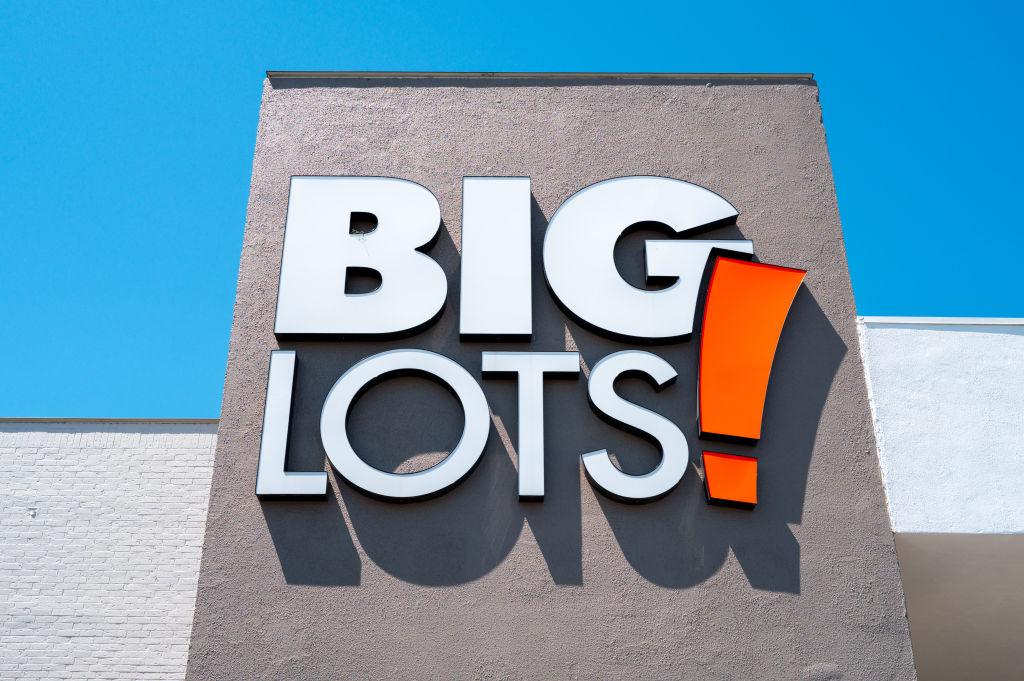Big Lots finalized a deal that preserved the brand name and prevented the discount retail chain from entirely going under.
Bankrupt Big Lots Strikes Sales Deal, Preserves Brand Name
People working under Big Lots may continue to be employed at the acquired stores.

A sign for Big Lots is displayed outside its store in Austin, Texas, on Sept. 9, 2024. Brandon Bell/Getty Images




